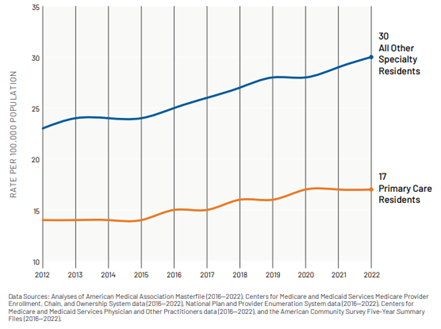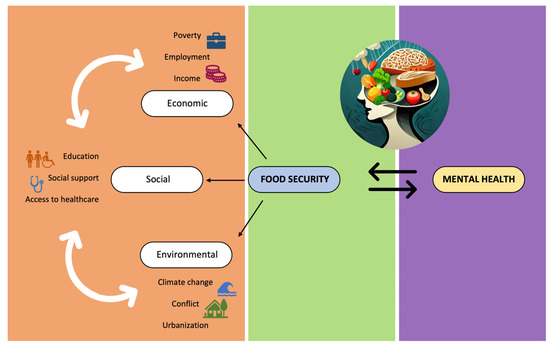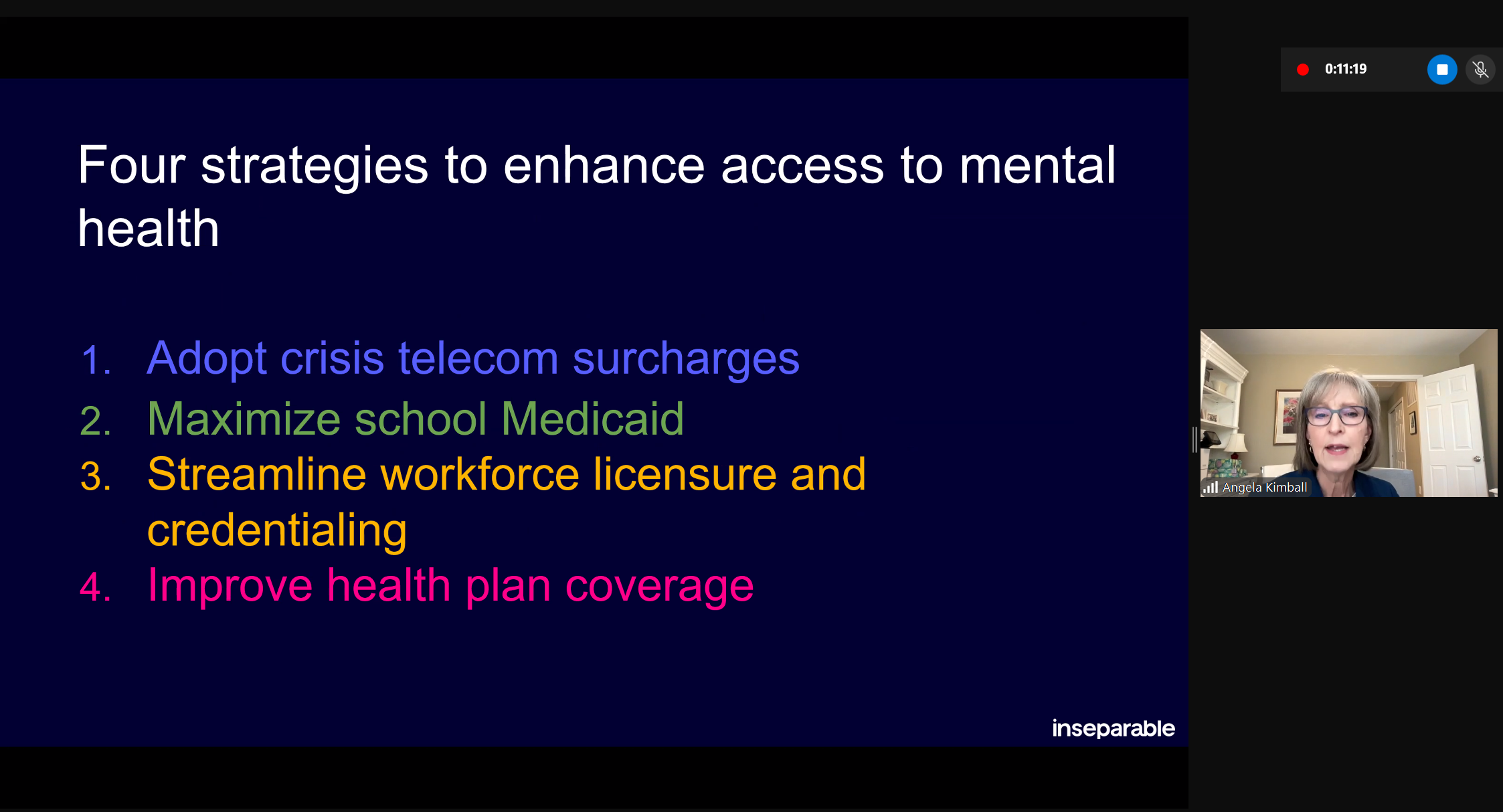From classrooms to careers, workforce development is a top priority for Governors who know that a strong economy starts with a strong, skilled workforce. Here are some of the stories we read in April that highlight Governors’ work.
Arizona Launches Reentry 2030 Program
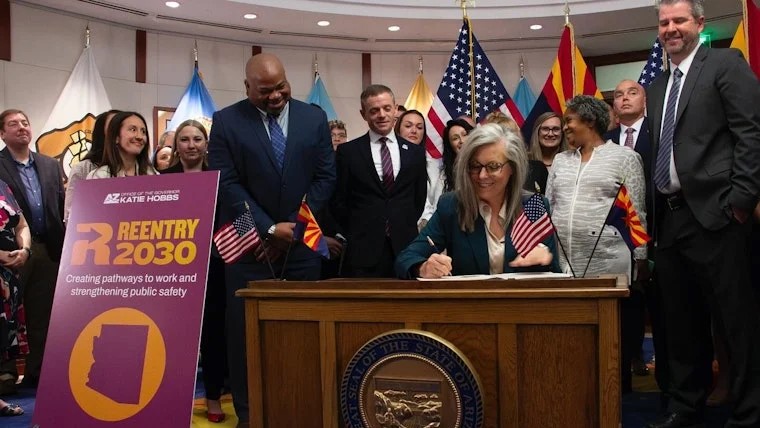
Arizona Governor Katie Hobbs signed an Executive Order launching Arizona’s Reentry 2030 program, part of a bipartisan national effort to improve support for justice-involved individuals and enhance public safety. The Arizona Department of Corrections, Rehabilitation, and Reentry will convene state agencies to increase employment for people reentering society after incarceration through workforce development, apprenticeships, and vocational training. Arizona joins Nebraska, Alabama, Missouri and other states in their bipartisan work to reduce recidivism and strengthen public safety, protect taxpayer dollars, and expand opportunity.
California Unveils Master Plan for Career Education
California Governor Gavin Newsom announced the state’s Master Plan for Career Education, which seeks to strengthen career pathways, prioritize hands-on learning, and advance educational access and affordability. The initiative provides a framework to respond to the complex challenges facing California’s labor market and prepare learners for the evolving workforce landscape.
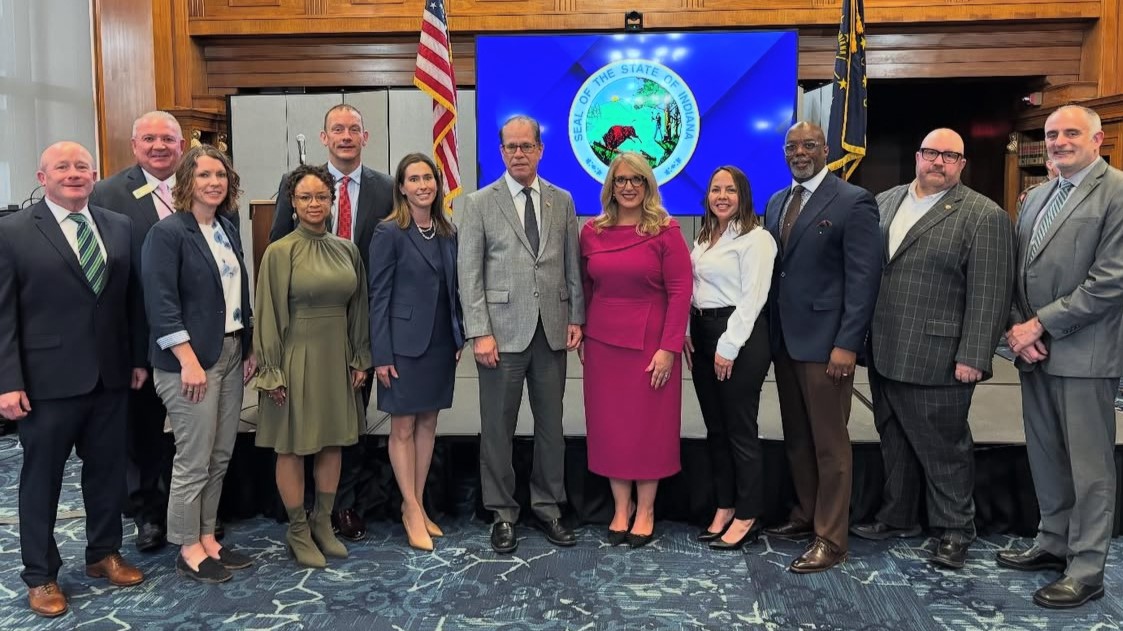
Indiana Announces New Partnerships Providing High School Students a Direct Path to their Future
Indiana Governor Mike Braun announced new partnerships with higher education, business and industry and the Indiana National Guard that are intended to connect Indiana high school students with their future goals. These new partnerships outline guarantees for students who earn Indiana’s new honors plus readiness seals, which provides students with a path from high school to a career, college, or military service.
Iowa Announces New Grant Awards to Boost Youth Internships This Summer
Iowa Governor Kim Reynolds announced new Summer Youth Internship Program Grants to help Iowa’s youth gain access to meaningful work experiences while they explore and discover promising careers in the state. Five employers are being awarded a total of $254,000 in grants to support over 100 youth participating in summer internships in high-demand industries.
Kansas Law Seeks to Eliminate Barriers to State Employment
Kansas Governor Laura Kelly signed the Fostering Competitive Career Opportunities Act which will ensure that applicants for state jobs can’t be denied solely due to their lack of a postsecondary degree. The bill codifies current practices for executive branch agencies, continuing to allow flexibility in determining applicant requirements for each job posting. Rather than being strictly limited to a postsecondary degree requirement, hiring managers can consider prior direct experience, certifications, courses or specialized training.
Maryland Governor Moore Signs Legislation to Strengthen State’s Workforce
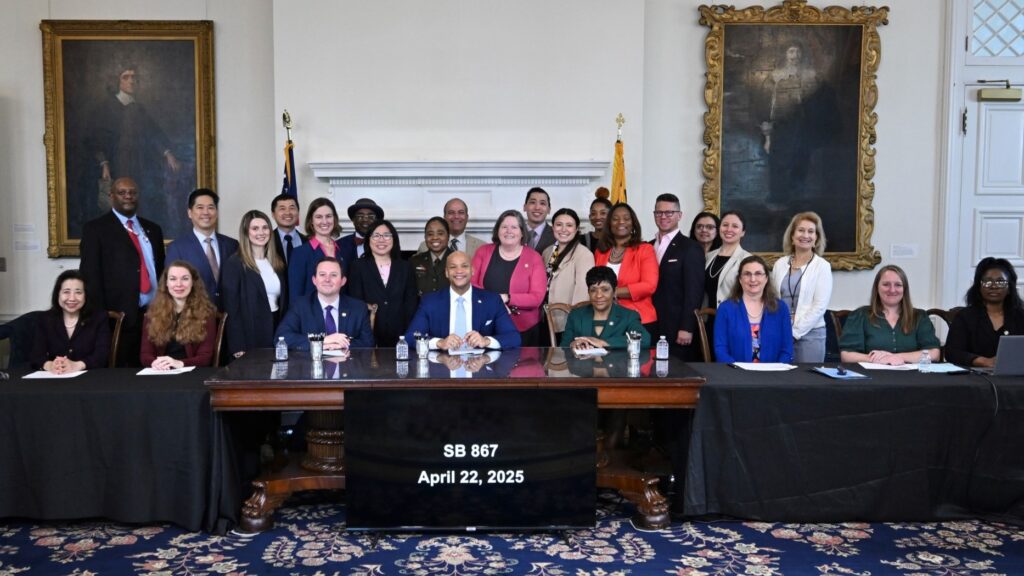
Maryland Governor Wes Moore recently signed several bills to strengthen the state’s workforce. The Registered Apprenticeship Investments for a Stronger Economy (RAISE) Act creates two new programs to incentivize and aid employers from non-traditional industries to adopt the apprenticeship model and stands up the Maryland Office of Registered Apprenticeship Development. The Model Employer Act directs the Maryland Department of Disabilities to implement new policies to support employment and job training for Marylanders with disabilities and create a new Office of Disability Employment Advancement and Policy. A third bill instructs the Maryland Department of Health to expedite license approval for fired federal health care workers who have been licensed in other states.
Mississippi Establishes “One Door” Task Force
Mississippi Governor Tate Reeves signed legislation that establishes the “Task Force to Study Work Force and Social Service Reform and Implementation of a One Door Policy.” The task force will develop a recommendation to the Legislature relative to increasing the state’s labor force participation rate as well as raising the earning capacity of working Mississippians through training and education for high wage, high demand, priority sector jobs in the state.

Nevada Career Mapping Innovation Tool Highlighted at International Conference
The Nevada Governor’s Office of Economic Development (GOED), in collaboration with the Aspen Institute Central Europe, led workshops as part of the institute’s young leaders program. Taking center stage was Nevada’s Individual Career Mapping model, which was developed to present a scalable approach to career navigation and skills-building. The model integrates immersive virtual reality content of real-world work environments in health care, agriculture, technology, and manufacturing, as well as Career Readiness Assessments.
North Carolina Executive Order Strengthens Workforce and Apprenticeships
North Carolina Governor Josh Stein recently announced an executive order to create a Council on Workforce and Apprenticeships to recommend strategic goals to grow North Carolina’s workforce. The order also directs the NCWorks Commission to develop a performance indicator related to apprenticeship to be included in the next WIOA state plan, with a goal of 6% of Title I Youth and Adult funds being spent on pre-apprenticeships or apprenticeships.
Ohio Governor Cuts Ribbon on Upgraded Engineering and Advanced Technologies Center
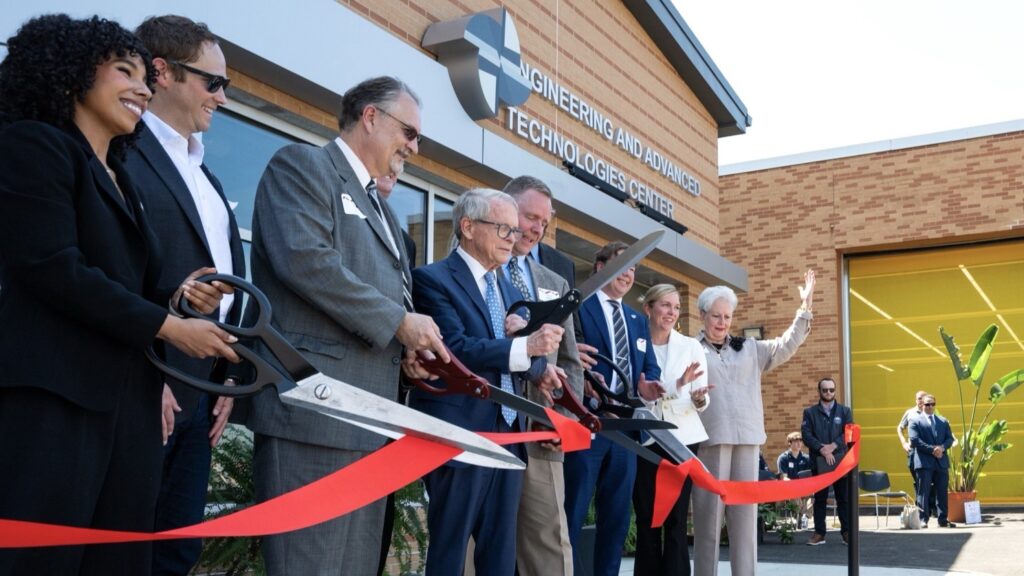
Ohio Governor Mike DeWine recently took part in a ribbon-cutting ceremony to celebrate the opening of the new Engineering and Advanced Technologies Center at Theodore Roosevelt High School. The project was made possible by a $2.3 million grant from the Ohio Career Technical Construction Program. With 3,500 square feet of additional space, the facility will increase student capacity and support three high-demand career tech programs: Computer-Aided Design and Engineering Technologies; Electronics, Robotics, and Programming; and an Engineering Academy.
Pennsylvania Invests Nearly $2.4M in School-to-Work Programs
The Pennsylvania Department of Labor & Industry announced an investment of nearly $2.4 million to expand pre-apprenticeships, classroom training, and job shadowing initiatives through the Schools-to-Work Program. The investment will support 12 organizations across the Commonwealth working to develop and expand career pathways for high school students while also helping to eliminate barriers to employment.
Tennessee Announces $10.7M for Rural Healthcare Initiatives
The Tennessee Department of Labor and Workforce Development recently awarded $10.7 million in grant funding to support rural healthcare initiatives across the state. Through the Rural Healthcare Initiatives Program, local partners will use these funds to bolster 51 health-related occupations across 91 of Tennessee’s 95 counties that are not considered metropolitan areas. The initiative aims to expand the state’s healthcare workforce by leveraging existing training structures and increasing apprenticeship opportunities.
Bookmark the NGA Workforce Development & Economic Policy program to follow Governors’ efforts to align workforce and economic development activities as they work to build a shared vision of societal and economic well-being.







